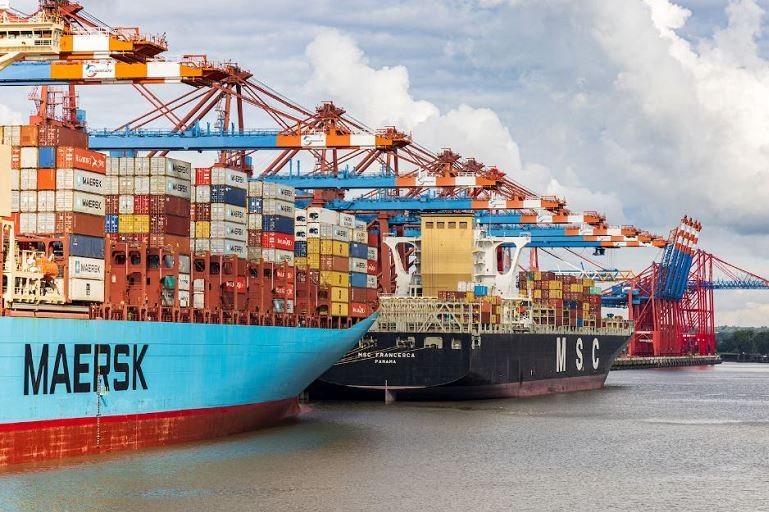In global economic dynamics, few countries exemplify the intricate connection between natural resource exports and financial stability. Nigeria is one of them. As one of Africa’s largest oil producers, Nigeria’s economic health is tied to the whims of the global oil market.
The recent fluctuations in oil prices have cast both shadows and light on Nigeria’s foreign exchange reserves, a key indicator of economic resilience. In that respect, Nigerian investors involved in forex trading and other economic activities tied to the oil market are currently dealing with the fluidity of the local economy.
A Quick Economic Background
The dependence of the economy of Nigeria on oil is nothing new. According to reports from 2022, Nigeria’s crude oil exports were reported at 1,388.260 thousand barrels per day.
This is a decrease from the figure of the previous year, of 1,592.333 thousand barrels per day. This heavy reliance on oil exports makes the country’s economy particularly vulnerable to price shifts in the global oil market.
Current Global Oil Market Trends
Currently, global oil prices are expected to decline. It’s something that must happen for the markets around the world to settle down.
The average price of Brent crude oil is forecasted to fall from $101 per barrel in 2022 to $83 per barrel by 2023 and further to $78 per barrel in 2024.
This downward trend is attributed to global oil production outpacing consumption.
In Nigeria, there has been a recent uptick in oil output, thanks to the Nigerian National Petroleum Company Limited which announced an increase to 1.67 million barrels per day, a notable improvement over earlier figures in the year.

This increase coincided with a rise in global oil prices, reaching $94.19 per barrel. It’s due to the supply cuts from major producers like Saudi Arabia and Russia.
The Economic Implications of Oil Prices for Nigeria
The surge in oil prices has significant implications for Nigeria, a country that relies on oil revenues for approximately half of its budget and 90% of its foreign exchange earnings.
While higher oil prices could boost Nigeria’s oil revenue, the country’s economic agenda is quite broad. Improving the country’s fiscal position and enabling increased spending on infrastructure, health and education are some of the concerns for the economy.
Higher oil prices may lead to higher fuel prices domestically, which will ultimately affect the purchasing power of Nigerians and potentially lead to discontent in the society.
Government Response and the Future Outlook
Global leaders have been encouraging the Nigerian government to capitalize on the increase in the price of oil by saving part of the oil windfall. They also suggest managing the debt burden and growing the foreign exchange position to mitigate the economic impact.
Many have suggested that this period of high oil prices should not be seen as just a windfall but as a chance to strengthen the economy and reduce poverty. Based on this suggestion, it would seem reasonable for those in forex trading and other economic endeavours to seize the opportunity to make the most of the economic benefits accruing for the country.
There is also a push for accelerating the process of domestic refining of petroleum products to reduce dependence on imported fuel. But chances are high that it’s going to be costly due to inflationary pressures.
Looking ahead, Nigeria faces the dual challenge of harnessing its oil wealth while mitigating the risks associated with its dependence on a volatile commodity. The government’s ability to prudently manage its oil revenue and diversify its economy will be key in stabilising its foreign exchange reserves and ensuring long-term economic sustainability.
Wrapping Up
It is obvious that Nigeria’s economic future hinges on its ability to navigate the volatile oil market. This requires prudent management of oil revenues, diversification of the economy, and strategic investment in infrastructure and social services to bolster its forex reserves. Only careful planning can lead to sustainable growth amid the fluctuations in the global economy.











